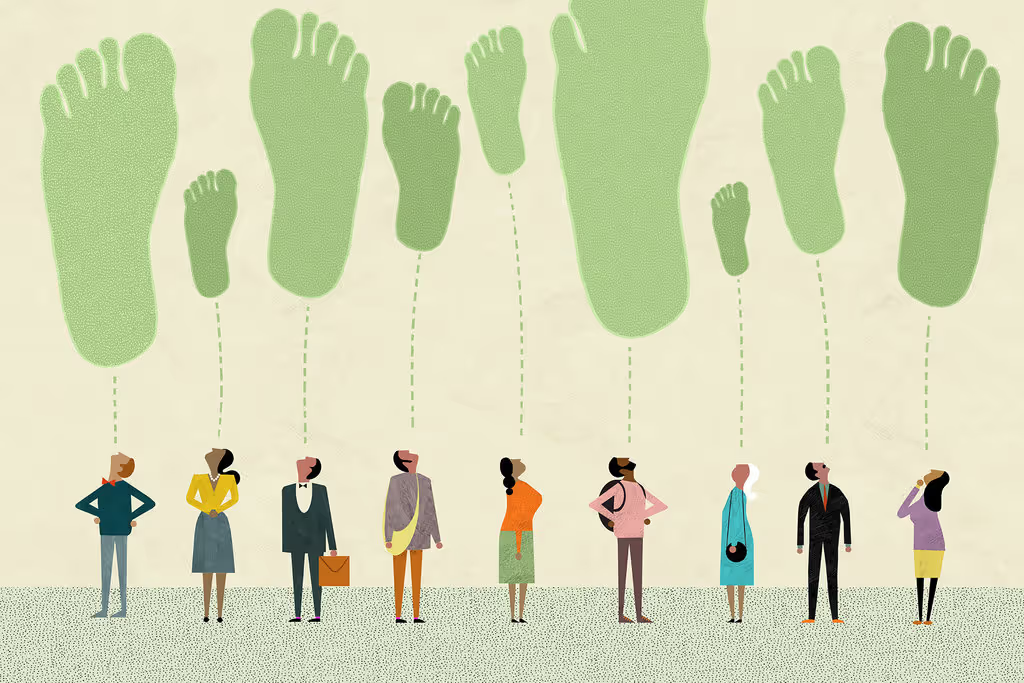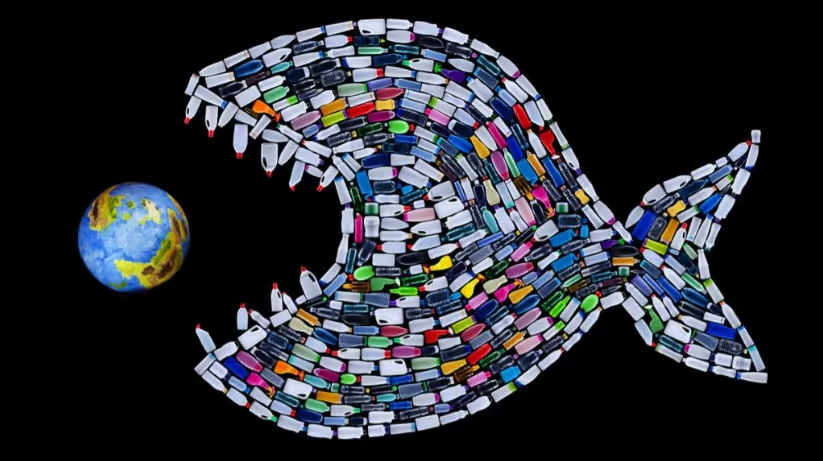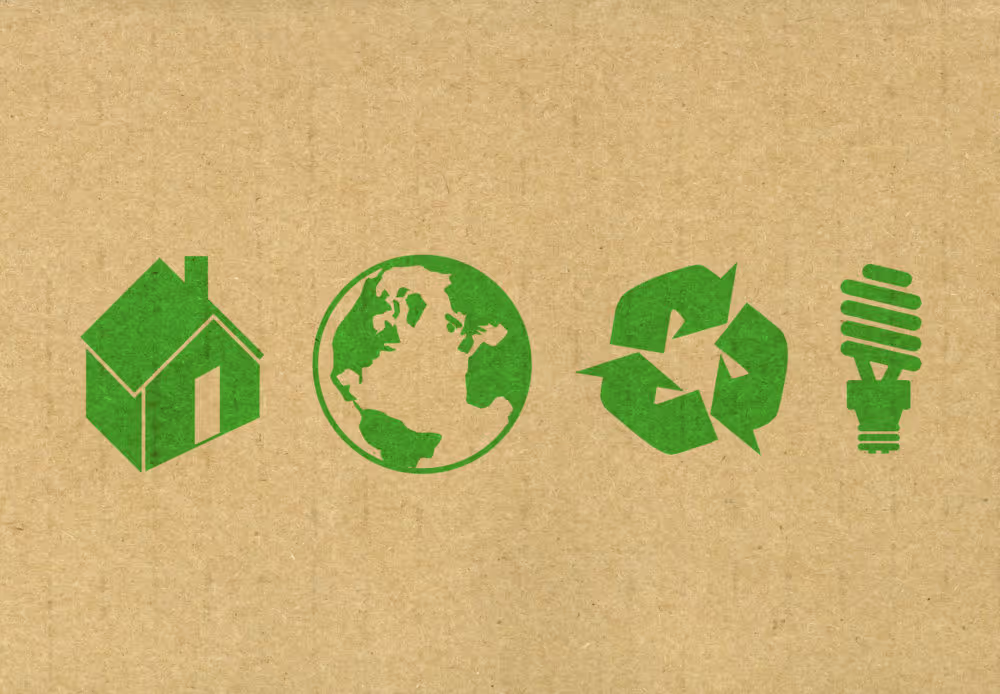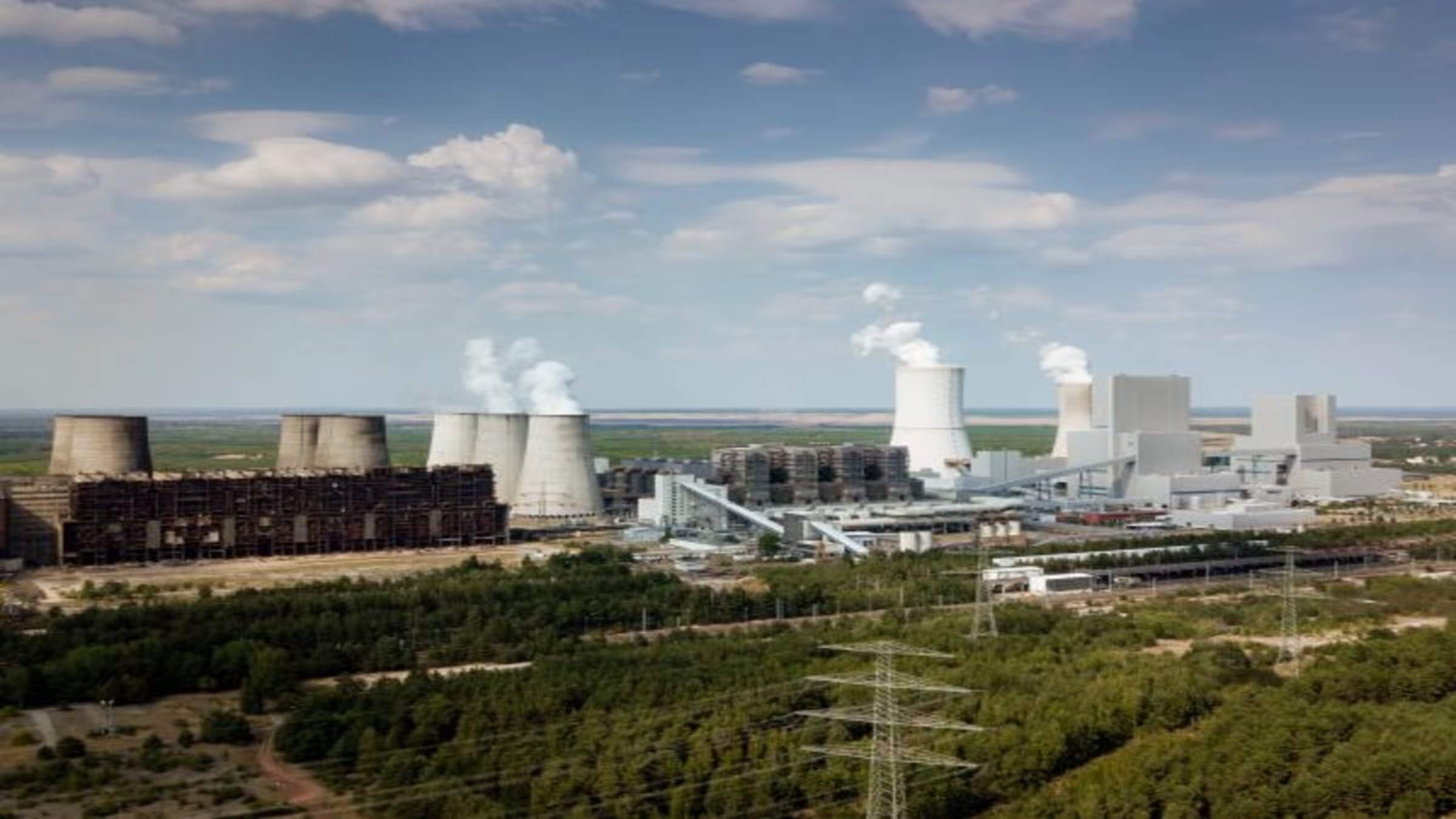Carbon and Plastic footprints are increasingly alarming indicators of our growing environmental impact and the consequent climate change that follows suit. To tackle this problem before it grows uncontrollable, we need to act now.
In the context of climate change, one’s footprint is the measurement of their impact on the environment. Your carbon footprint and plastic footprint are components of your larger environmental footprint.
Carbon Footprint

Carbon refers to greenhouse gases (such as carbon dioxide and methane) that contribute to global warming. Carbon footprint is a measurement of the amount of carbon emitted by a product, service, individual, event, company or industry.
This measurement takes indirect and direct emissions into account. Direct emissions are those that are produced directly by the subject whose footprint is being measured. Indirect emissions refer to those produced during the process of creation and maintenance. The true carbon footprint of driving a car includes not only the emissions that come out of the exhaust pipe but also all the emissions that take place when oil is extracted, shipped, refined into a fuel, and transported to the petrol station.
According to the Carbon Footprint Factsheet by the Centre for Sustainable Systems of Michigan University, the top contributors to carbon emissions are the transportation industry, energy industry, other fuel combustion, and manufacturing. On the other hand, renewable energy has been growing with an annual increase of 7.9% in 2018. Owing to this, a third of global power capacity is now based on renewable energy. Despite this rising popularity of renewable energy, carbon emissions are expected to continue to rise at a rapid rate in the near future.
Companies and individuals are offsetting their carbon footprints in an effort to control the impact of these rising emissions. Delta Airlines and General Motors’ Chevrolet are a few of the many that have made this investment. According to a study by CIS UPenn, the UN and environmental organizations/NGOs such as NRDC and The Nature Conservancy agree that, when used as part of an overall emissions reduction strategy and carefully chosen, carbon offsets are a useful tool for reducing the carbon impact of individual and group activities. You can also contribute to the solution by calculating and offsetting your own unique carbon footprint.
Plastic Footprint

Plastic Footprint refers to the total amount of plastic used and discarded by an individual, company, or industry. A majority of the plastics produced in the world still exist in landfills and ocean beds today. They are nearly impossible to recycle once broken down into microplastics. For the most part, high-value plastic like PET bottles is recyclable because they have established recycle chains in place. On the other hand, low-value plastic waste like candy wrappers and to-go containers are nearly unprofitable and thereby, less likely to be recycled.
As first-world countries continue to ship their plastic waste to South Asian countries, they contribute largely to their pre-existent pollution problem. As a result of this, the ethical issues behind the plastic recycling process are also growing increasingly evident.
Plastic offsetting is a potential solution to this growing plastic epidemic. Waste management social enterprises have attempted to provide ethical and efficient solutions, yet they are often underfunded and left unable to scale. Inspired by carbon credit, plastic offsetting is a transformative way of funding these innovations to accelerate the transition towards a circular economy.
rePurpose Global helps tackle the plastic pollution problem by erasing footprints and empowering waste workers. It’s based on the model of a circular economy that aims to ethically intercept plastic waste before it turns into an environmental pollutant. By offsetting plastic, companies and individuals end up recycling the same amount of plastic that they discarded in the first place. While working towards an economy that breaks free from plastic, it is also important to reverse the harm caused by plastic till date.
The Carbon-Plastic Relationship

Your plastic footprint has a direct impact on your carbon footprint. When your plastic usage is higher, a greater amount of plastic is demanded and produced, leading to a rise in greenhouse gas emissions.
In the big picture, our goal is to minimize our overall ecological footprints. A plethora of opportunities are available to those who are looking to reduce their footprints, but plastic and carbon offsets are the stepping stones to that attainable reality.
Start taking care of your plastic waste and go Plastic Neutral with us today. Do your part in helping keep the oceans safe by acting on your plastic footprint for about the price of a coffee a month!


.avif)
.avif)

.avif)






